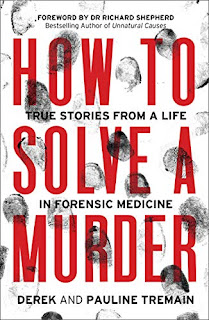I quite enjoyed Einstein On The Run, but it wasn’t really what I expected. It does shed interesting light on a little-known aspect of Einstein’s escape from the Nazis, but this forms a relatively minor part of the book, which makes the subtitle a little misleading.
The story of Einstein’s stay in Britain and the analysis of why he chose to go to the USA are very good aspect of the book. I have read quite a lot about Einstein but I didn’t know anything about any of this. Andrew Robinson has done a great deal of research and presents it well, so these parts of the book were very rewarding. However, there is an awful lot of other material in the book, a good deal of which is much more familiar. The book opens with a fairly lengthy outline of Einstein’s early life and work, for example, which is quite well done, but not really what I wanted to read the book for. The same can be said of quite a lot of the rest of the book which, while readable enough, didn’t add much to what I’d already read about several times before in other biographies and analyses of Einstein’s work. (Abaham Pais’s biography, Subtle Is The Lord sprang to mind rather often.)
I think a recommendation depends on what you’re looking for. If you want a decent, brief account of Einstein’s life and beliefs with an emphasis on hie time in Britain and how it affected him, this should do you well. For a book devoted to that time and its consequences, I found this just slightly disappointing.
(My thanks to Yale University Press for an ARC via NetGalley.)









